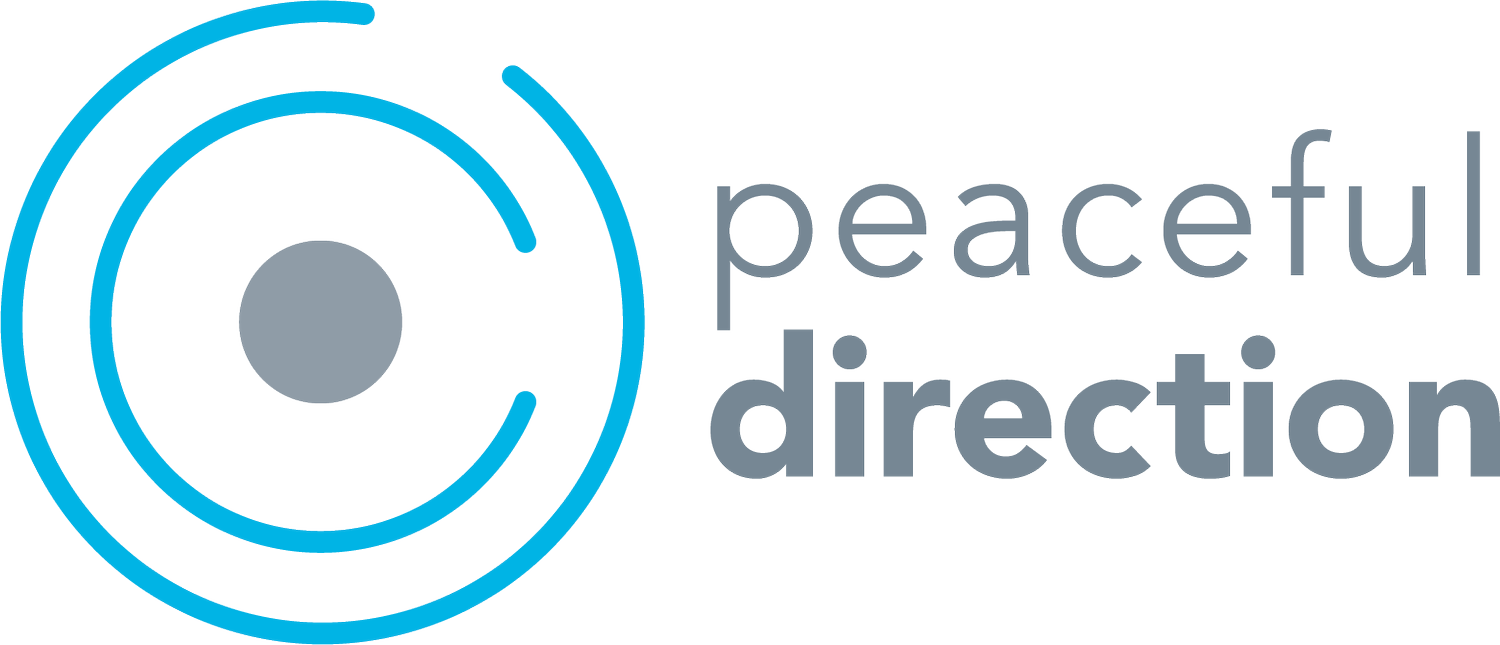The dangers of hyper-niching
“Find your niche. Identify your ideal client. Put your specific intention out into the universe, and the work will follow.”
This is the advice I’ve heard from countless marketing experts, from LinkedIn influencers to experienced coaches who now guide newer coaches.
It’s also advice I never followed, and I’m glad. Staking such a narrow claim early in my journey of building a business would have cut me off from important learning experiences, not to mention revenue. Doing it at this point doesn’t make much sense to me either.
I have specialties that serve as the foundation of my practice, but they don’t limit me in what I do. I specialize: in coaching fellow introverts who are navigating an extroverted leadership environment. I also specialize in leaders who have recently undergone or are seeking a professional transition.
I’m not: the coach for left-handed introverts who were born in the first half of an even-numbered year.
Here are a few reasons why I haven’t carved out a hyper-specific niche in the coaching and facilitation space, and why this is working for me.
I’ve needed time to refine what I want, and what I’m good at.
When I first started coaching, I needed every hour-long session I landed. I was trying to build hours for accreditation, and trying to build revenue to prove to myself that I could make this work as a business. I took any client who would have me, and I scheduled those sessions around my full-time job at the time.
It was a true scarcity mindset that I’d later have to move past for my practice to take off. It led me to make a number of mistakes, and to spread myself too thin. But it also helped me learn more about the kind of clients, and the kind of coaching environments, that suit me best. I would not have been able to declare these from day zero.
I work in a number of different arenas.
I have clients who hire me directly, either to work with an individual or a group of leaders. It’s almost all based on word of mouth or referrals, and it’s common for a prospective client to look at my website to learn more about me. But this isn’t the only way clients come in the door.
I do plenty of work for coaching companies large and small, and on subcontracts with fellow coaches. And I don’t want to risk this work by describing a hyper-specialty that isn’t in line with the outcomes these clients are seeking from coaching.
Here’s an example. I know a lot about how to quit a job well. I’ve done it 8 times myself. I’ve written about it. I’ve guided plenty of clients through it. Let’s say I decided to hyper-specialize as “The Quitting Coach” and plastered this all over my LinkedIn and my website.
Now let’s say you are one of the fabulous coaching companies who regularly feed me employer-sponsored engagements with leaders within large organizations. It’s not a good look for you if your client looks around a bit at your proposed coaching bench, and discovers that you’ve proposed assigning their employees to “The Quitting Coach.”
This is why my website and my LinkedIn talk about my philosophy and my experience in a way that helps potential clients see themselves in the language. They’re both pretty general.
I’ve always been a generalist.
Throughout my career, I’ve spent time adjacent to the experts. As a reporter, I interviewed everyone from physicians to policymakers. As a communications leader, my teams and I were responsible for making the work of experts apply to the lay public. Now, as a coach, I’m fond of telling my clients I’ve never been an expert in anything. Instead, I tend to find the experts on any given topic in coaching – delegation, difficult conversations and the like – and share their wisdom with the people I coach.
Even as a generalist, I worked in specific sectors for most of my career. I was in local government, in a water utility and in nonprofits related to animals and the environment – all in the mid-Atlantic United States. I could stake my claim to coach exclusively in those areas. But I’m glad I haven’t.
Coaching in familiar subject matter is comfortable. It creates a shorthand with the client. And if I did it all the time, I’d be missing out on an awful lot. Through my worldwide clients in various sectors of the economy, I’ve learned about the issues leaders are facing in education, fintech and even frozen foods.
Where I am with niching
I’m less concerned with leaving money on the table than I was as a newbie coach. But I still don’t want to cut myself off from new experiences. I want to be able to take risks and try new things that are less familiar and less comfortable. To me, that says specializing but keeping the door open to something that’s outside my specialties.
